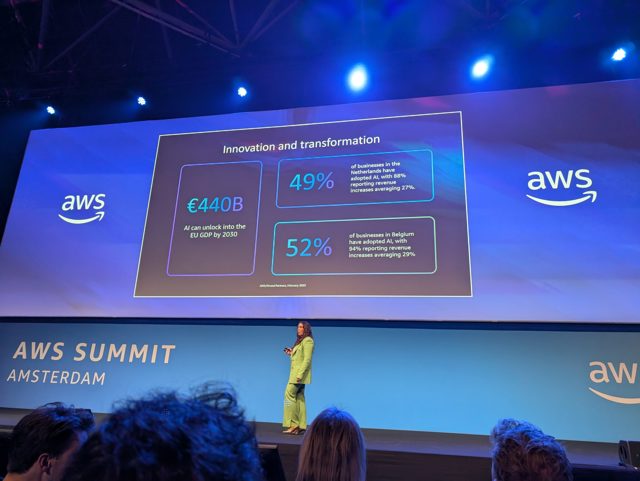< Back to news 


14 November 2023
Better Images of AI: A Guide for Users and Creators
Stock images strongly influence the ways in which non-expert audiences think about and understand the topics they illustrate. This is why it is worrying that research has repeatedly shown that many images of AI are misleading and unhelpful.
This guide presents the results of a year-long study into alternative ways of creating images of AI, involving roundtable and workshop conversations with over 100 experts from fields including the tech sector, media, education, research, policy and the arts. Its aim is to advise people who work with images of AI – from journalists to communications officers, from educators to activists – on sourcing and creating the best images for communicating accurately and compellingly.
Vergelijkbaar >
Similar news items

April 16, 2025
AWS: Dutch businesses are adopting AI faster than the European average
New research from AWS shows that Dutch businesses are rapidly adopting AI—at a rate of one new implementation every four minutes, well ahead of the European average.
read more >

April 16, 2025
Submit your nomination for the Dutch Applied AI Award 2025
Do you know or develop an innovative AI application? Submit it now for the 2025 Dutch Applied AI Award, presented at the Computable Awards.
read more >

April 16, 2025
UK government tests AI to predict murders
The UK government is developing an AI system that could predict who is most likely to commit a serious crime. Critics call the project dangerous and discriminatory.
read more >